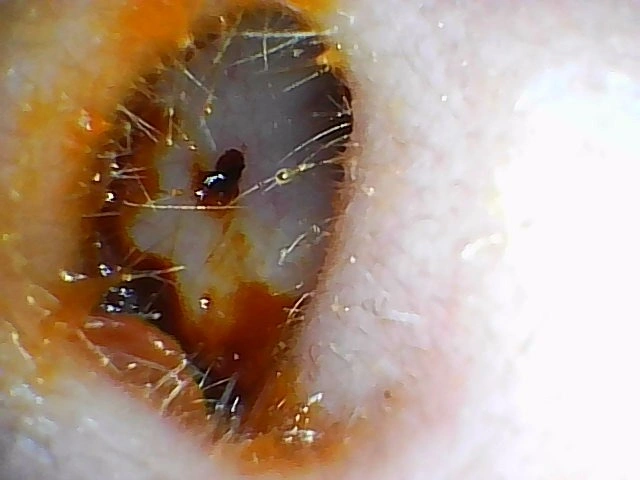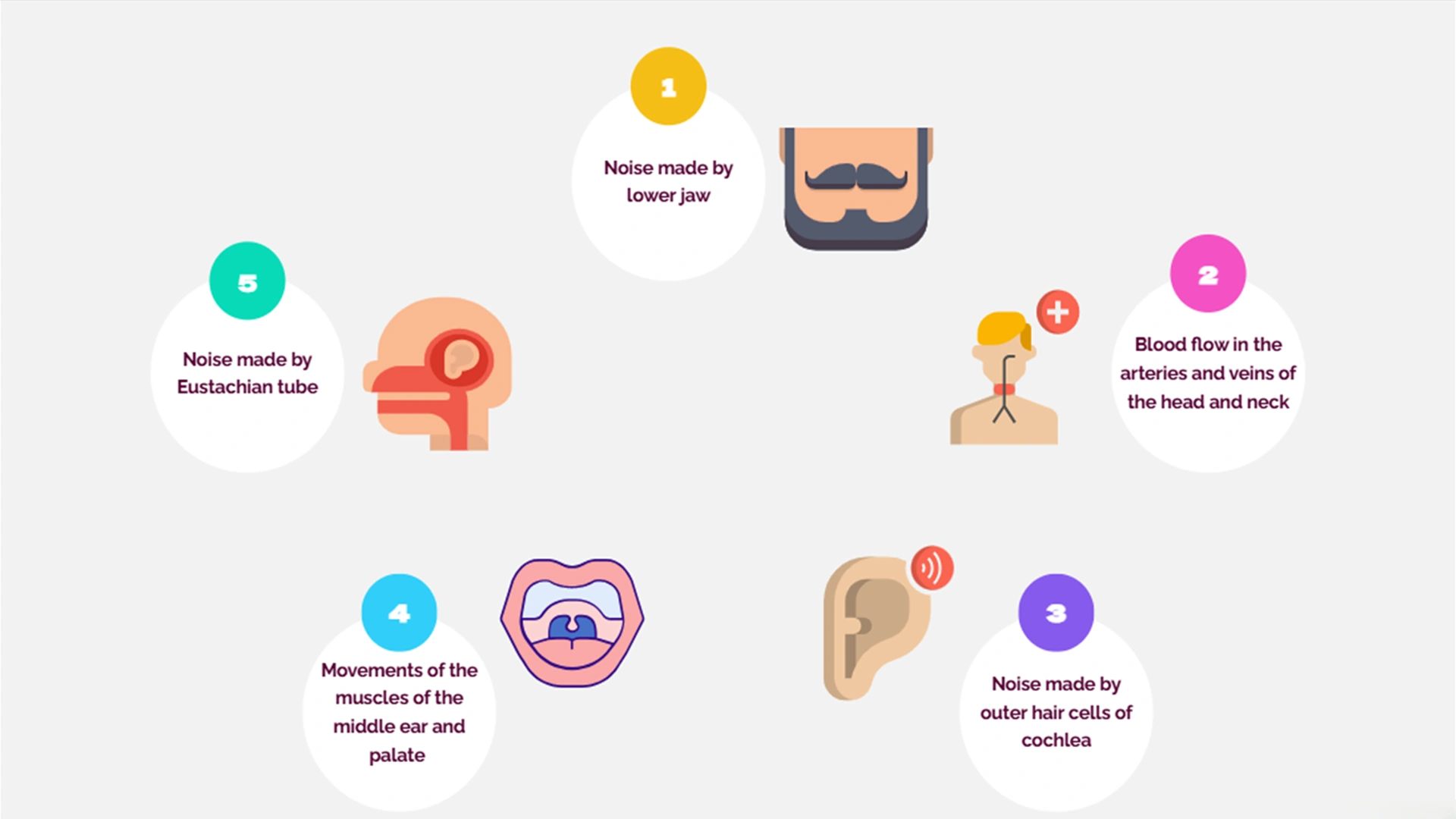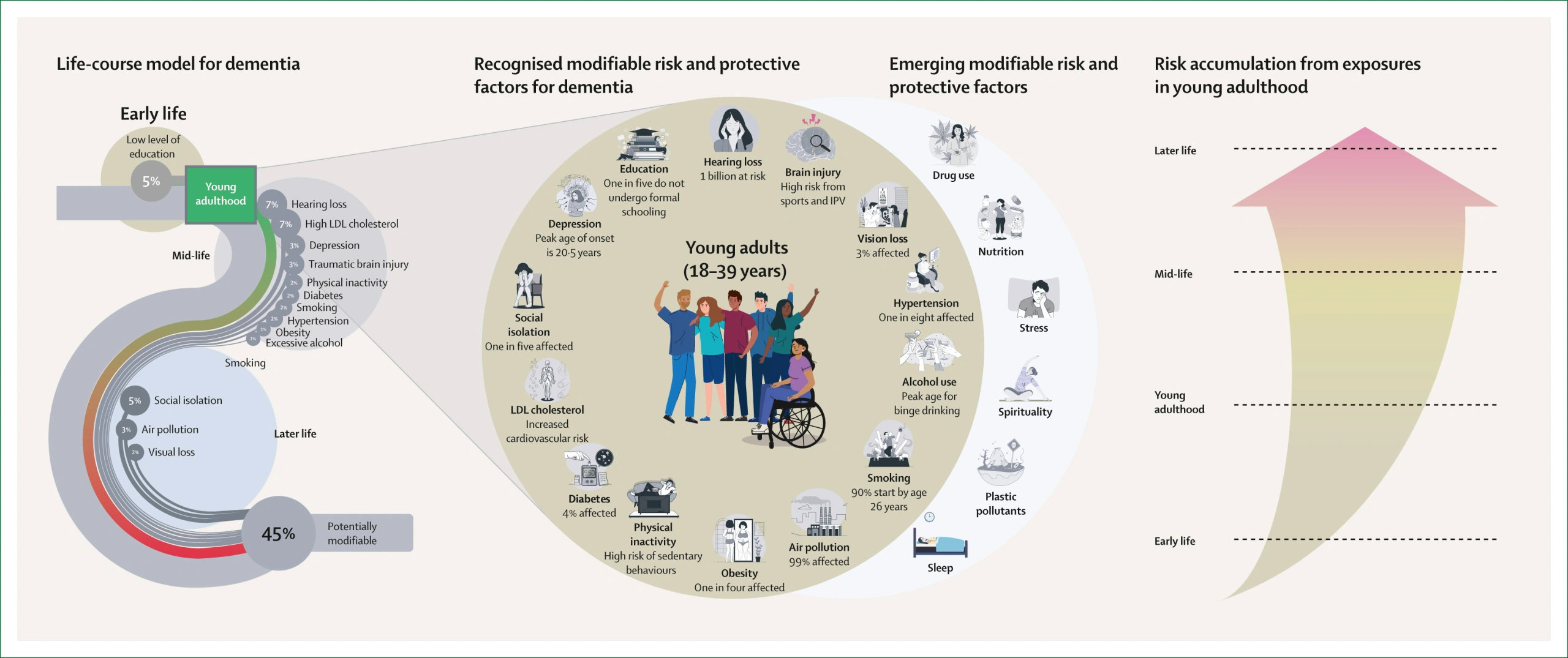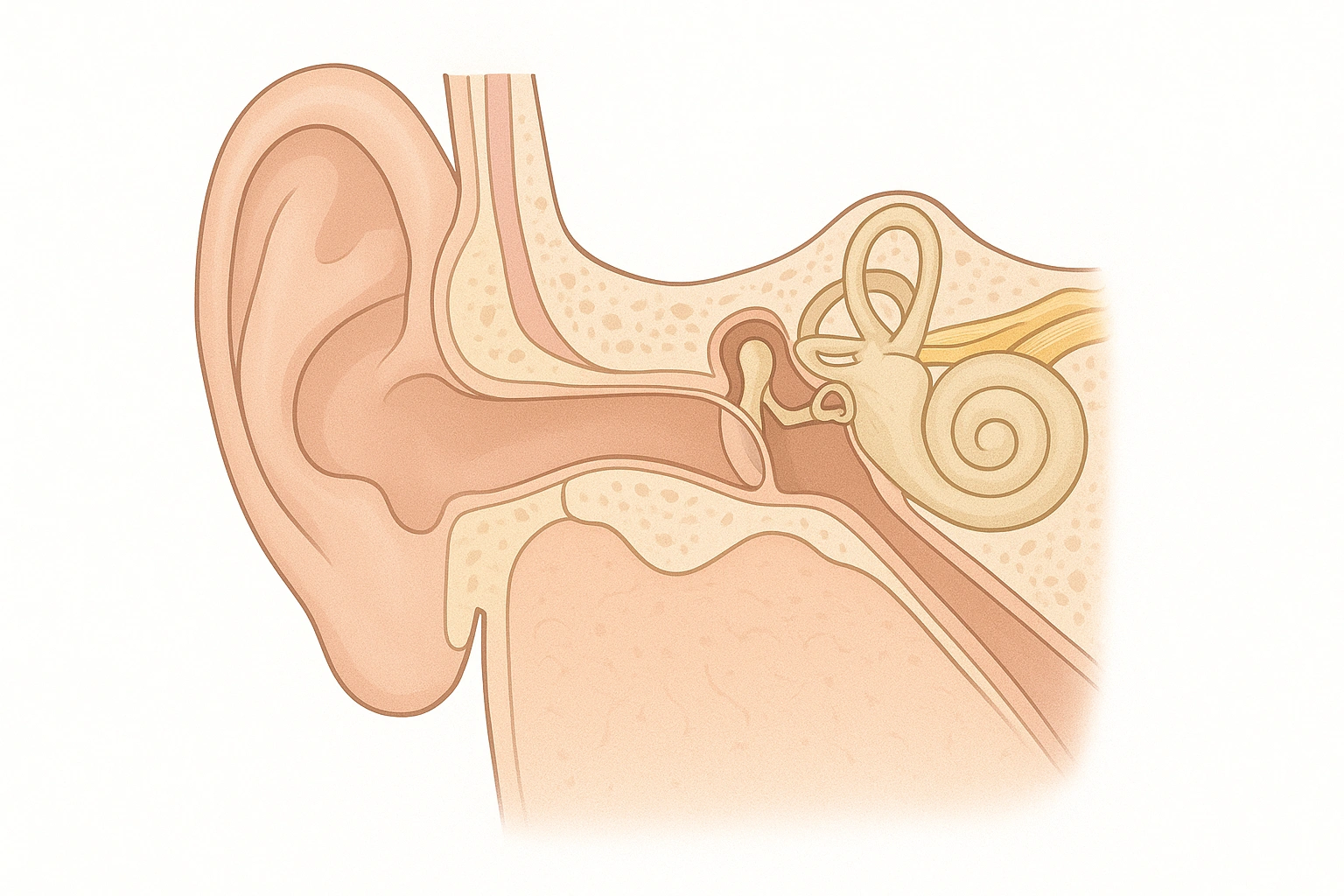
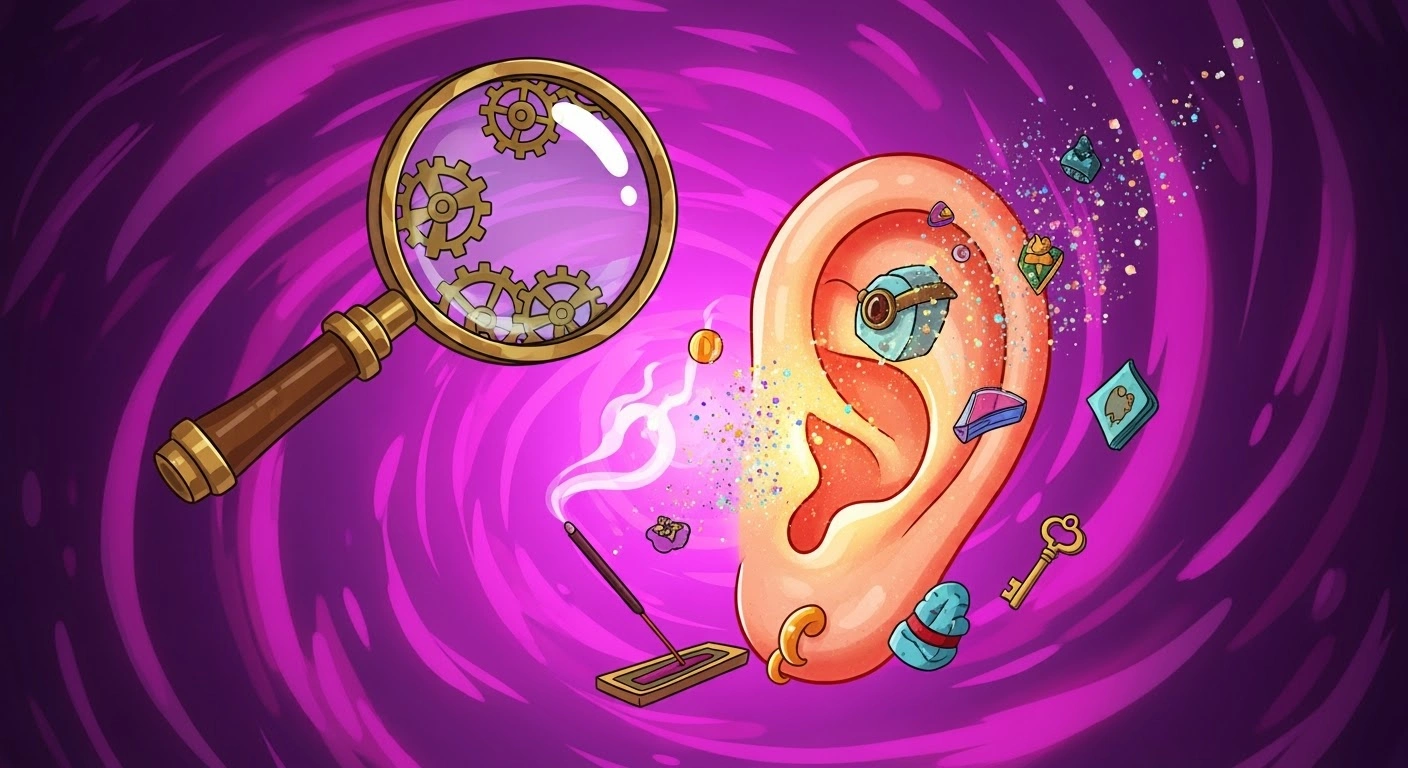
Blog Topics
Explore more about following topics by clicking the links below
Frequently Asked Questions about Ear Wax
A: Professional ear wax removal performed by certified audiologists at our Capalaba and Hamilton clinics is generally comfortable and pain-free. You may experience mild pressure sensations during the procedure, but it shouldn't be painful. If you have sensitive ears, inform our audiologists so we can ensure maximum comfort.
A: We strongly advise against attempting DIY ear wax removal, especially for impacted wax. Over-the-counter ear drops may help soften minor wax buildup, but removal should always be performed by trained professionals. Home removal attempts often push wax deeper or cause injuries.
A: The ear wax removal procedure typically takes 15-30 minutes, depending on the amount of impacted wax. Your complete appointment, including ear examination and aftercare instructions, usually requires 45-60 minutes at both our Queensland locations.
A: Most patients at our Capalaba and Hamilton clinics experience immediate hearing improvement. You'll likely notice reduced muffled sounds, eliminated ear fullness, and clearer hearing right after the procedure.
A: Most people never need professional ear wax removal as ears self-clean naturally. However, if you're prone to wax buildup, our Queensland audiologists may recommend professional cleaning every 6-12 months based on your individual needs.
A: Yes, hearing aid users often benefit greatly from professional ear wax removal services. Hearing aids can prevent natural wax migration and contribute to buildup, especially in Queensland's humid conditions. We coordinate ear cleaning with your hearing aid maintenance schedule.
Frequently Asked Questions about Tinnitus
A: Tinnitus is the perception of ringing, buzzing, or hissing sounds in your ears when no external sound is present. It's a common condition affecting around 17% of Australians and can occur in one or both ears
A: Common causes include noise-induced hearing damage, age-related hearing loss, earwax blockage, certain medications, high blood pressure, and ear infections. Brisbane's music venues and construction industry can contribute to noise-induced cases.
A: While there's no universal cure, many effective treatments exist including hearing aids with masking features, sound therapy, and tinnitus retraining therapy. Some causes like earwax removal can provide immediate relief.
A: Seek immediate care for sudden tinnitus, especially in one ear, or if accompanied by hearing loss or dizziness. Book an appointment if tinnitus persists over a few days or affects your sleep and daily activities.
A: Use white noise machines, fans, or nature sounds to mask the tinnitus. Maintain regular sleep schedules and avoid complete silence. Many Queensland patients find cicada or ocean sounds particularly helpful.
A: Yes, occupational noise exposure is a leading cause of permanent tinnitus. Queensland's mining, construction, and manufacturing industries pose particular risks. Using proper hearing protection and regular audiological monitoring can prevent work-related tinnitus.
